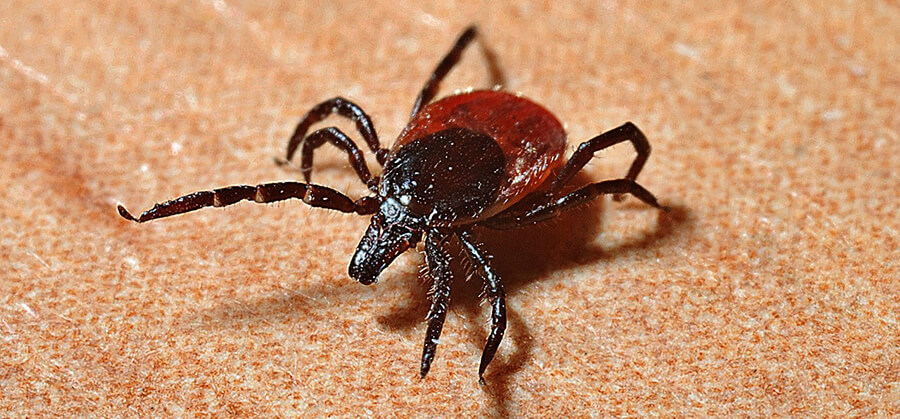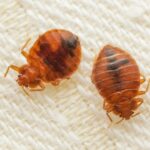Finding a tick on your body is pretty horrifying. Not only because you find yourself presently a meal for some parasitic creature but because ticks carry a number of scary diseases. Ticks and tick-borne diseases are common all over the United States, but maybe you are not immediately concerned because the prevalence of tick-borne diseases seems uncommon in the Northwest. This is sadly untrue. According to the Center for Disease Control, the incidence for tick-borne diseases, particularly Lyme disease, has tripled between the years 2016 and 2015, an increasing number of those cases in the Northwest. While it has not become a public health emergency like it has in the Northeast, tick bites and diseases are on the rise and special attention should be paid during tick season or when outdoors as the incidence for tick bites is a very real and probable threat here.

What is so dangerous about tick diseases?
The scary thing about tick bites is that are so many diseases that ticks carry and just contracting one of them could have serious life altering implications. Here are a few of the most common diseases and their symptoms:
- Lyme disease: It is caused by the bacterium Borrelia burgdorferi and if left untreated, it can cause a variety of flu-like symptoms, lasting for years upon years. Starting out with a bullseye shaped rash, you also may experience fever, chills, headache, fatigue, joint aches, and swollen lymph nodes. As the disease progresses however, even more frightening symptoms such as shooting pains in your hands and feet, nerve pain, irregular heartbeat, facial palsy or inflammation of your brain and spinal cord can happen. The CDC estimates that approximately 300,000 people each year are infected with Lyme disease and this number continues to rise.
- Anaplasmosis and Ehrlichiosis: While anaplasmosis is caused by the black-legged tick and ehrlichiosis is caused by the Lone Star tick, they both exhibit similar symptoms, which include headache, muscle pain, chills, malaise, stomach pain, nausea, cough, fever confusion.
- Rocky Mountain spotted fever: This disease is spread by several species of ticks and early signs include nausea, fever, vomiting, stomach and muscle pain as well as lack of appetite. A rash is the most common sign and it develops oftentimes 2-4 days after infection. This disease can progress and become life threatening so quick medical attention is vital.
- Babesiosis: Caused by microscopic parasites which infect the red blood cells, this disease is spread by black-legged and deer ticks. Initially, upon infection, there are typically no symptoms with disease, but as the disease progresses, common signs include fever, chills, sweats, body aches, nausea and fatigue. As the red blood cells are destroyed, it can also cause hemolytic anemia, which can be life-threatening in people who are older or have a weak immune system or other serious health conditions.
- Tularemia: Dog ticks, wood ticks and Lone Star ticks carry this disease and two of the most common forms of Tularemia are ulceroglandular and glandular, according to the CDC. In ulceroglandular tularemia the infected person will have a skin ulcer, which is a raw and painful sore that appears where the bacteria entered your body. Glands then begin to swell in the armpit and groin. Glandular tularemia is similar, but no ulcers are produced. Both forms or tularemia cause fevers, which can often reach temperatures of 104 degrees.
The best ways to avoid tick bites
After learning about these horrible diseases ticks carry, it is the utmost importance to protect your family from these diseases. The best way to do this is when walking through long grasses, shrubs, mountains, fields or anywhere with dense foliage, wear long pants and best, tuck the pant legs into your socks. Using a bug chemical repellent with DEET, permethrin or picaridin is also one of the best ways to repel them. Ticks usually transmit Lyme and other diseases after the first 24 hours on the skin so it is extremely important after outdoor activities that you check yourself, children and pets thoroughly for ticks. Around and inside your home, routine tick control treatments will keep them far from your home. Tick control from a professional residential pest control team like Pointe Pest Control ensures that your yard is free of ticks, however, it is essential that especially during tick season, you get routine treatments to keep them away. Pointe Pest control provides the most experienced residential pest control treatments around, call us today!









